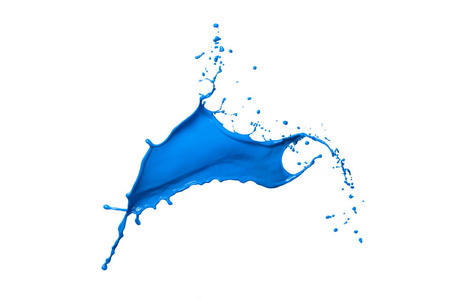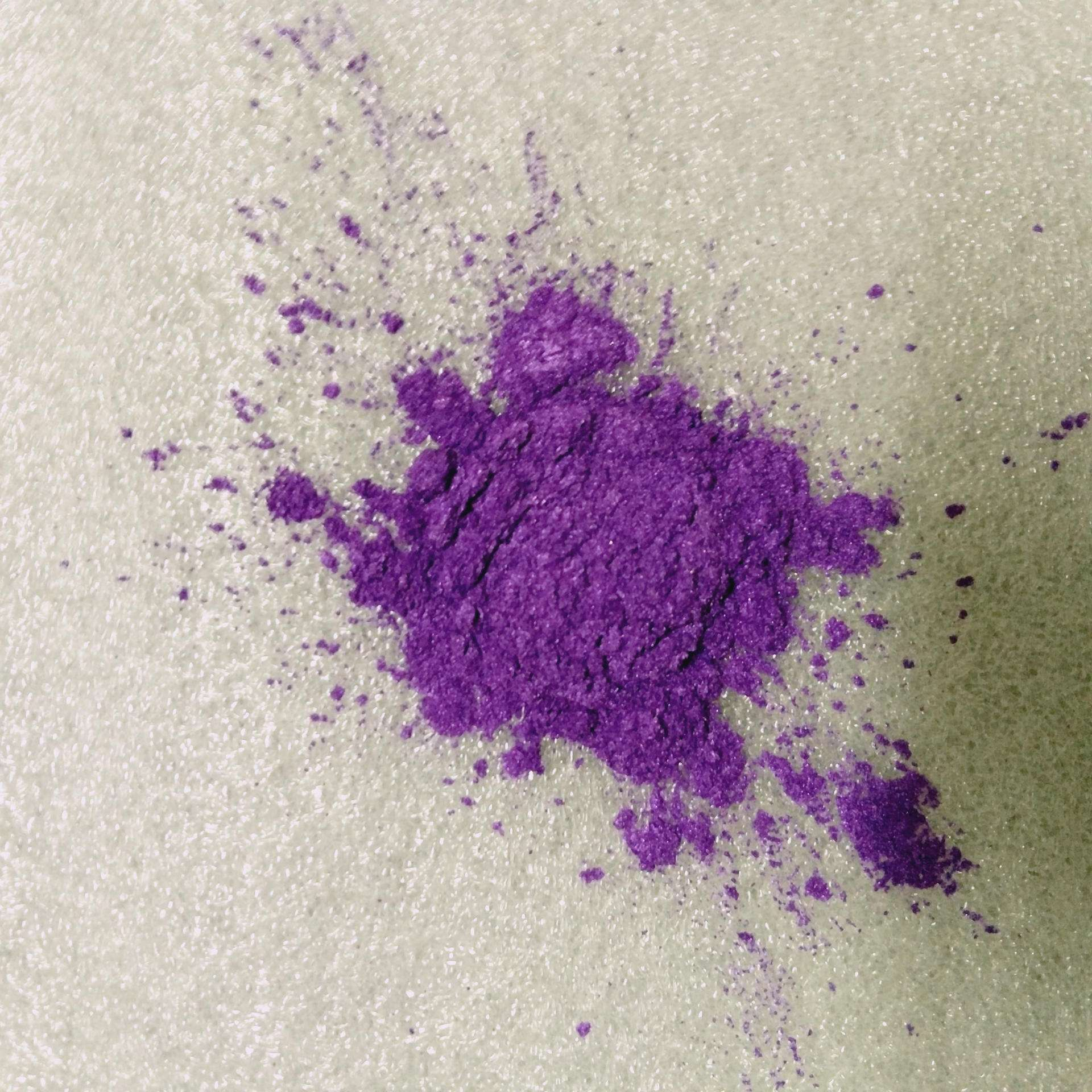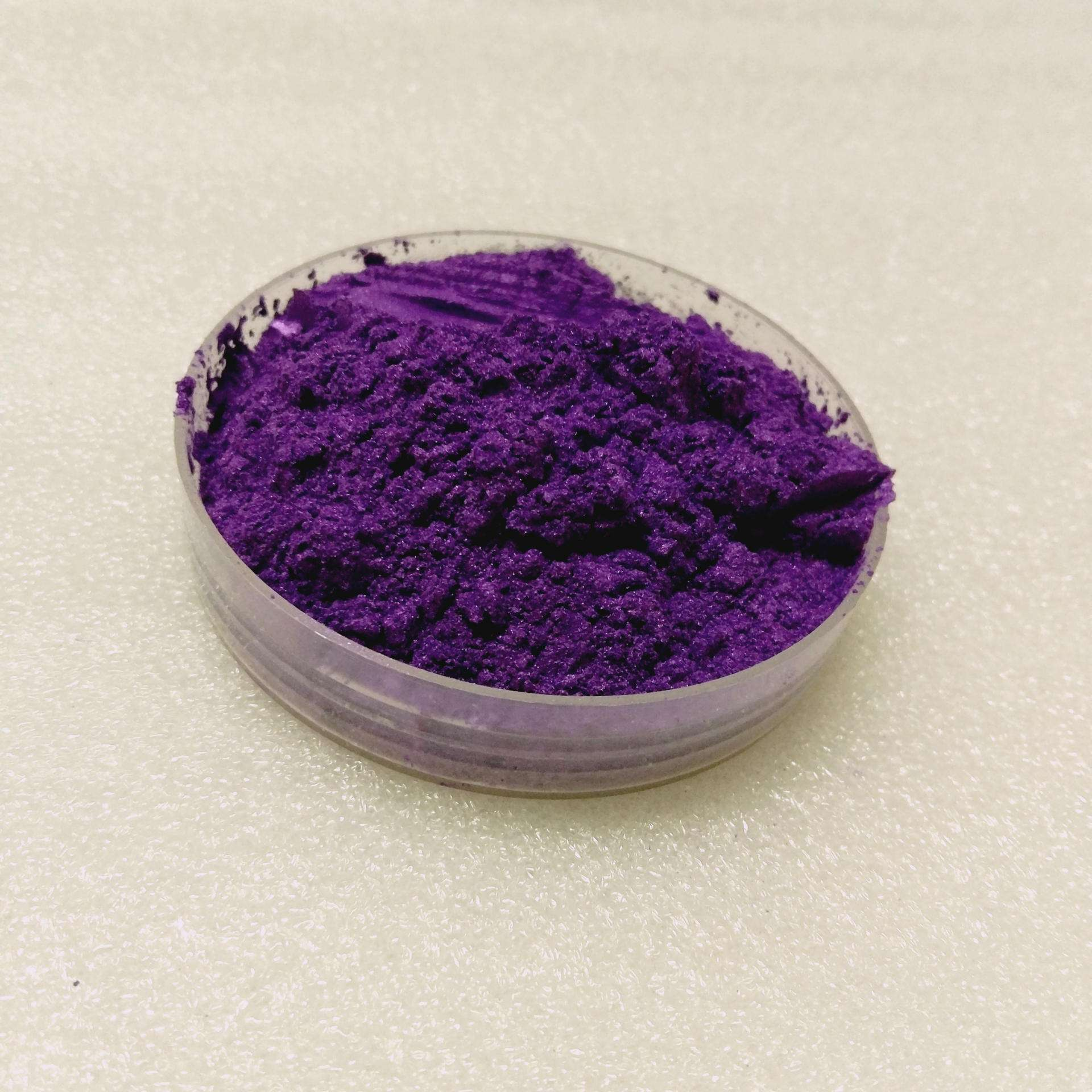Monitoring ramped up on chemicals
In a move to beef up the management of emerging pollutants, which have long-lasting environmental impacts and health hazards, China has introduced a dedicated guideline, vowing to ramp up monitoring and step up import and export management.
China, the world's largest chemical producer, will have screened all chemical substances with high production and consumption for their environmental risks by the end of 2025, according to the document, which was unveiled by the State Council, the country's Cabinet, on Wednesday.
Regarding toxic and hazardous chemicals, the country aims to see an institutional system and governance mechanism for them established and gradually improved by that time, it said.
Emerging pollutants, or contaminants of emerging concern, can refer to many kinds of chemicals and compounds such as ingredients of medicines, agricultural products and household cleaning products.
Despite more research being needed, it has been widely acknowledged that these emerging pollutants are increasingly becoming a hazard. With a detrimental effect on aquatic species such as fish, they can accumulate up the food chain, posing a risk to other species when they eat contaminated fish.
With 210,000 chemical-producing entities, China outpaces all other nations in chemical production. Producing over 2,800 varieties of chemicals, the industry's output value accounted for 13.8 percent of the country's GDP in 2018, according to the Ministry of Emergency Management in 2020.
The document released on Wednesday includes 19 measures, including the establishment of a special monitoring network.
On the basis of existing monitoring facilities, the country will roll out pilot programs on monitoring emerging pollutants in key regions, industries and industrial parks, it said. A survey and monitoring system for such pollutants will be preliminarily established in less than three years.
A list of key emerging pollutants for risk control will be drafted and updated in a dynamic manner. All those pollutants on the list will be either banned or restricted in production, processing, import and export.













